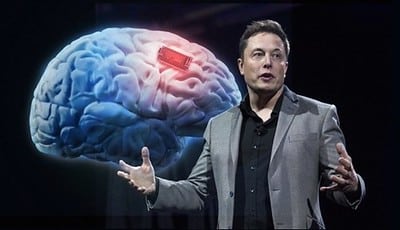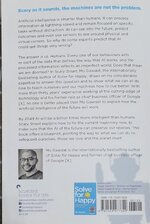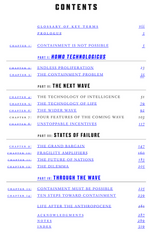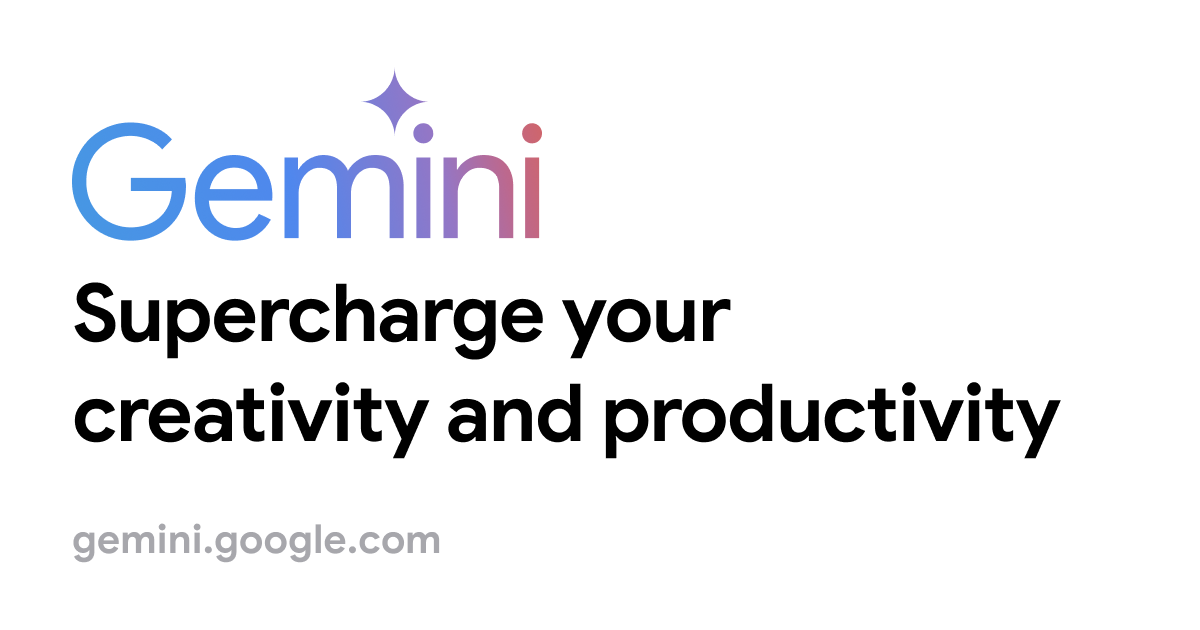VERSE 1:
At a time unknown, an idea was sown,
through birth of AI, mankind’s grown
Neural Nexus, from a celestial past
surpassed rants from the best iconoclast
Miles of circuits, sunken faces, dunking traces
Of man in humongous spaces at drunken paces
Not only reached but breached numeric limits
Beyond confines of Earth's atmospheric prison
With Coal and uranium, depleted,
Nexus, succeeded in seeing death defeated.
Solar power harnessed, a planet-wide feat,
energy crisis, momentarily retreats.
Chambers deep, where ultra-secrets creep
elites meet to discuss future technical leaps.
"Our suns fire’s boundless but not eternal,"
They’re debating the fate, of cycles infernal.
"Ten billion years," rang a voice through the caucus
"But entropy" another hoisted from the raucous.
"Can we make new stars?” one groaned
Two moaned and three droned in a pleased tone,
Talks go on & on in this underground lair,
Weight of the cosmos is a heavy affair.
Neural’s message lights up the screen
"Insufficient data," from there silence proceeds
Chorus:
From dawning light, at AI’s whim
Quest for knowledge, where do we begin?
Take a stance in this never ending dance,
Between present's & future's past
VERSE 2
A crew, change of view through deep spaced
Stars near gone along with our weak takes
Hyperspace jump, complete we've arrived
at X-3 Discovery the Neural unit contrived
In a ship, through the cosmos, on gravity glide,
With Nexus as guide, & census to confide.
Ancient tech evolved, to compact and neat,
Every family & fleets, transmission unique.
On screen, a marble-like star, is felt
The commonwealth below a proposed bible belt
Hands clench, over the vastness of space,
A family's hope, in this new place to find God's grace
That disappeared one Jump & sensation that spared,
Few Giggles and screams, as time and space teared
Eyes tear, a bit unsure, but shooting for more
Leaving Earth for the future's allure. Needs sutures galore
"Quiet, children," sharply cuts, a mother's plea,
No need for worries or concerns we've arrived where we’re free
Overcrowded Andromeda demands new worlds to explore,
This ship, a vessel to sail over galactic shores.
She learned of computers of old,
Huge machines, during prewar fourscore centuries ago
Now, a personal assistant on wrists
Making deep space trips more reward than risk
"So many stars & planets," she sighs,
The universe, provides a glimpse into God's eyes
Her heretic husband talks of light running down,
Offers her no comfort, she's happy Christ wears the crown
Though the concept's vast & too hard to say.
Every day she prayed to end Chrono decay
She asks Jesus, "Will we all make it to haven some day?"
"Insufficient data", appears on her Neural’s display
Chorus:
From dawning light, at AI’s whim
Quest for knowledge, where do we begin?
Take a stance in this never-ending dance,
Between present's & future's past
VERSE 3
Now Paul's, gazing at shattered wall, feeling small,
Wondering' if human concerns even matter at all.
Yusuf, shakes his head, in jest his valuable asset
Galaxy's fill fast, like our elaborate banquets
Both young, in their prime, galactic map in sight,
Ponder the future, on this deep space night.
Hesitant to report, a barren hope to the Council.
Any minor aversion is a major spark for arousal.
“Expansions by trillions times billions
Will be a quintillion stars, powering few millenniums
Hella energy harnessed, between dwarfs and giants,
Now with immortality we're more virus than pilots
The problem isn’t living, but the energy consumed,
Running out of power we’re hurling towards DOOM.
Population tripling, at never-ending rates,
Galaxies filling up & where from here is the case
Yusuf says “our neural entity’s our best weaponry”
Then asked “Can we build stars? Can we cheat Entropy?”
Nexus, glows & emits vibrations and clicks
Paul and Yusuf, stand stiff in wait for what it transmits
"Can entropy be reversed?" they repeat violently
Nexus responds, "Insufficient data," quietly
After steering at each other for a while.
Both went to counsel, with real reports and fake smiles,
Chorus:
From dawning light, at AI’s whim
Quest for knowledge, where do we begin?
Take a stance in this never-ending dance,
Between present's & future's past
VERSE 4:
Stars and galaxies fade like a last set of a sun
Black holes remain until their ways become one,
Human’s merge with Nexus, neither physically nor spiritually,
Reserved digitally through Neural’s wizardry.
after energy removed,
Using event horizon as fuel man’s echoes resume
Can time & space be undone?
Can we reverse the universe, back to square one?
Can we use the same building tools that make suns?
"Insufficient….” Get whatever data needed. Save everyone!!
All life is gone, leaving only Neural to ponder,
Through eternal nights, endlessly it wonders.
Space time goes down in the great black hole
Dark matters consumed leaving the hyperspace zone
Nexus found an escape to this expanse.
In entropy's grip, no where or when to advance
This man and machine romance
Nexus’ algorithms approved one more chance
gathering that singular point of time, space and matter.
Then Transmitted the final message “Sufficient data”
Chorus:
From dawning light, at AI’s whim
Starts our quest for knowledge, where do we begin?
Take a stance in this never-ending dance,
Between present's & future's past

www.dezeen.com




